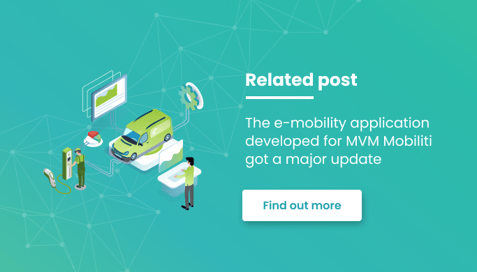Crucial e-mobility opportunities during the energy crisis

- E-MOBILITY
- ENERGY MANAGEMENT
- SMART CITIES
Unsurprisingly, every market segment is concerned about the current energy crisis, but similar to past situations, it also ensures new aspects where we can develop how we live and operate businesses. E-mobility is closely involved among those solutions providing a quickly usable answer for the existing challenges.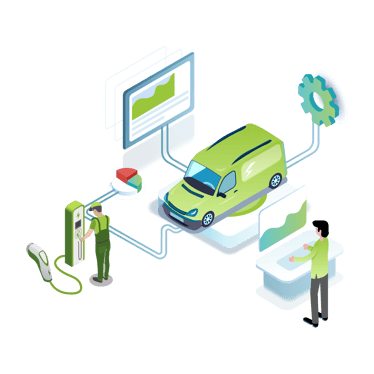
E-mobility solutions are designed to facilitate the adoption and use of electric vehicles, which are increasingly seen as a more sustainable and environmentally friendly alternative to traditional gasoline-powered cars. The adoption of e-mobility solutions can help reduce carbon emissions and air pollution, as well as decrease dependence on fossil fuels. E-mobility is considered a more sustainable and environmentally friendly form of transportation, as it produces fewer greenhouse gas emissions and reduces reliance on fossil fuels. This is particularly important as the world seeks to reduce carbon emissions and mitigate the impacts of climate change.
|
|
An e-mobility solution typically refers to any technology or service that enables using electric vehicles (EVs) for transportation. This can include various components such as charging infrastructure, battery technology, software and mobile applications, and management systems. |
|
Some examples of e-mobility solutions include public charging stations, intelligent charging systems, battery-swapping services, electric car-sharing platforms, and mobile apps that help drivers locate charging stations and plan their routes accordingly. Additionally, e-mobility solutions can include fleet management software and services that help businesses manage their electric vehicle fleets more efficiently.
|
|
E-mobility opportunities during the energy crisis:
|
|
Increased use of renewable energy sources
Electric vehicles can be powered by renewable energy sources, such as solar or wind power, reducing reliance on non-renewable energy sources. This can help reduce greenhouse gas emissions and improve air quality.
Energy storage solutions
Electric vehicles can act as mobile energy storage solutions, storing excess energy from the grid or renewable sources and releasing it back into the grid when needed. This can help balance the grid and reduce the need for new power plants.
Reduced reliance on non-renewable energy sources
As mentioned earlier, electric vehicles can be powered by renewable energy sources such as solar or wind power. During an energy crisis, where there may be a shortage of non-renewable energy sources, electric vehicles can help reduce reliance on those sources.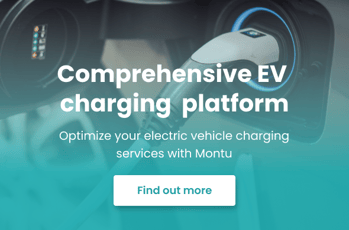
Smart charging systems
Electric vehicles can be charged during off-peak hours when demand for electricity is low. This can help reduce peak demand and lower energy costs.
Efficient transportation
Electric vehicles can be more efficient than their gasoline-powered counterparts, resulting in lower energy consumption and cost savings. This can also reduce dependence on foreign oil and improve energy security.
Increased energy efficiency
Electric vehicles can be more energy-efficient than their gasoline-powered counterparts. This is because electric motors are more efficient than internal combustion engines, and electric vehicles don't have to waste energy in the form of heat. During an energy crisis, when energy supplies may be limited, using more energy-efficient vehicles can help reduce overall energy consumption.
Reduced emissions
Electric vehicles produce fewer emissions than gasoline-powered vehicles, which can help reduce air pollution and greenhouse gas emissions. During an energy crisis, where there may be concerns about the availability of energy sources, reducing emissions can help ensure that the available energy is used as efficiently as possible.
Overall, e-mobility is essential during an energy crisis because it can help reduce reliance on non-renewable energy sources, increase energy efficiency, provide energy storage solutions, and reduce emissions. E-mobility is rapidly growing in popularity around the world, as electric vehicles become more affordable and charging infrastructure becomes more widely available. In addition to passenger vehicles, e-mobility includes electric buses, trucks, and other forms of commercial transportation.
Share this post on social media:
Posts by Tag
- IoT (17)
- Smart cities (16)
- E-mobility (14)
- Energy Management (10)
- Mobility (9)
- Software development (9)
- Marketing automation (6)
- RPA (6)
- Robotic Process Automation (6)
- electric vehicles (6)
- Internet of Things (5)
- IoT solution (5)
- Marketing software (5)
- Smart Building (5)
- Business Intelligence (4)
- Custom applications (4)
- IoT platform (4)
- Uipath (4)
- electric charging (4)
- IoT devices (3)
- Properties (3)
- AI (2)
- BI (2)
- Montu (2)
- Multi-device functionality (2)
- Omnichannel (2)
- RPA Budapest (2)
- Smart city (2)
- UX design (2)
- app development (2)
- artificial intelligence (2)
- crm (2)
- crm software (2)
- electric charging station (2)
- machine learning (2)
- marketing campaign (2)
- optima (2)
- API Testing (1)
- Agriculture (1)
- Automated Testing (1)
- BYOD (1)
- EV (1)
- Energy Communities (1)
- Event insights (1)
- Event report (1)
- Green IoT (1)
- HR (1)
- IT Outsourcing (1)
- ML (1)
- Power BI (1)
- Resource Management (1)
- Smart Home (1)
- Smart Office (1)
- TaaS (1)
- UX/UI Design (1)
- Xamarin (1)
- cloud (1)
- cloud computing (1)
- cross-selling (1)
- data driven marketing (1)
- digital twin (1)
- dynamic customer segmentation (1)
- esg (1)
- inbound marketing (1)
- industry 4.0 (1)
- onprem (1)
- onpremise (1)
- scalability (1)
- software robot (1)
- testing as a service (1)
- upselling (1)
Recent Posts
Read On
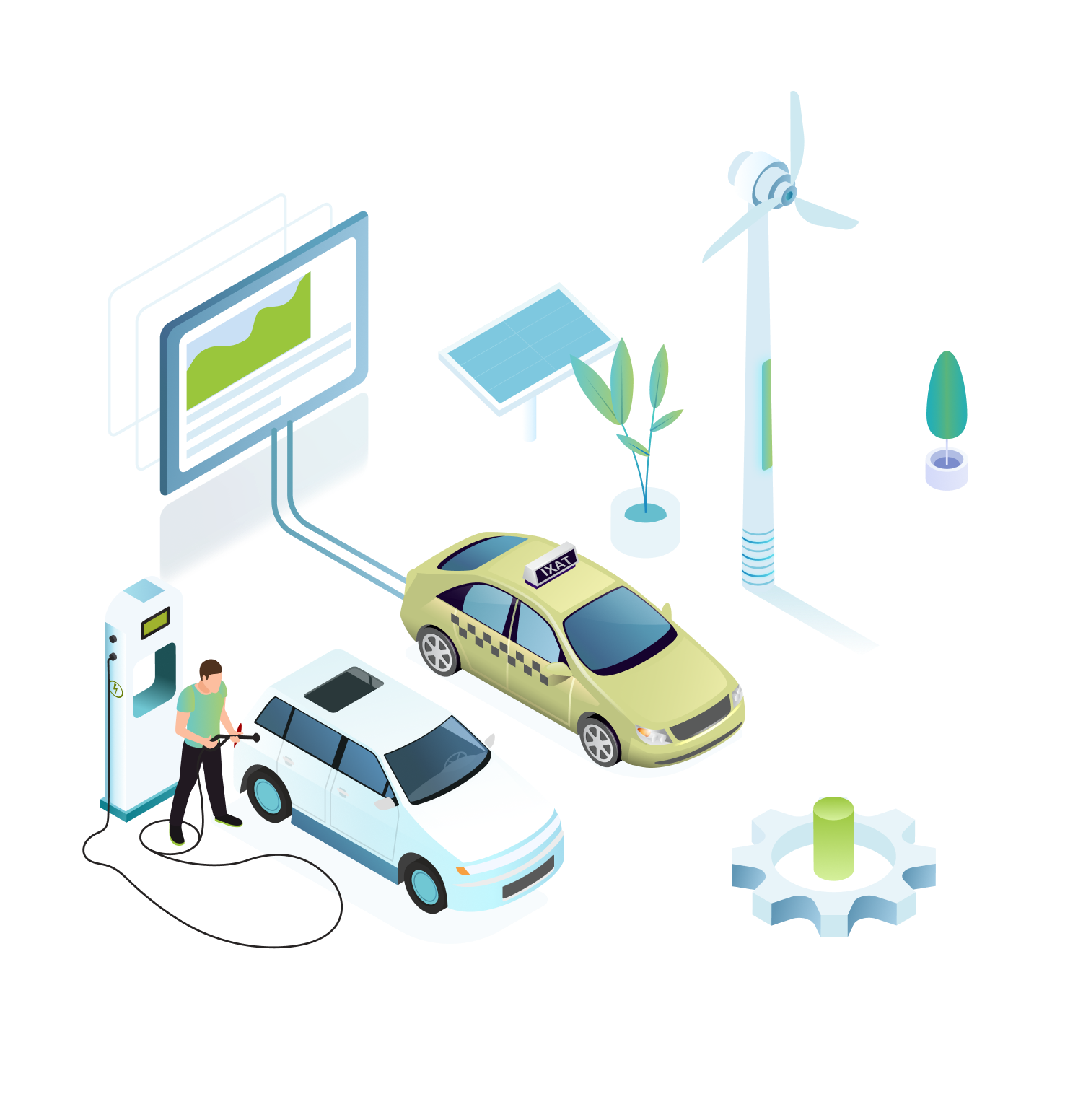
- E-MOBILITY
- MONTU
- ELECTRIC VEHICLES
- ELECTRIC CHARGING STATION
- ELECTRIC CHARGING
Empower your fleet's efficiency with EV charging solutions
As businesses increasingly embrace sustainable practices, electric vehicles (EVs) have emerged as a game-changer for fleet management. With their environmental benefits and increasing availability, EVs are becoming attractive for businesses seeking to optimize their operations while reducing their...
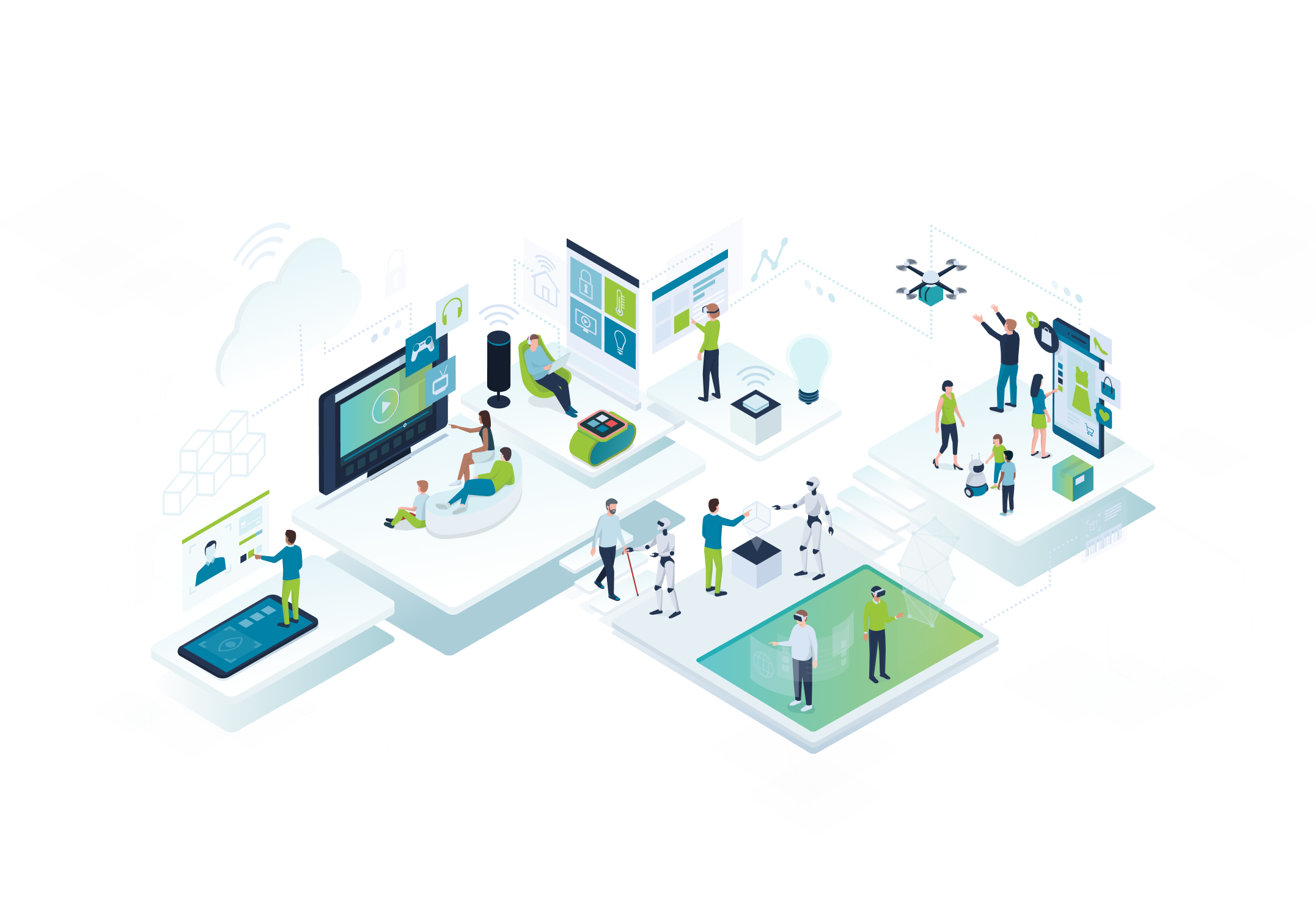
- IOT
- E-MOBILITY
- ENERGY MANAGEMENT
- SMART CITIES
Making residents' life more convenient: 5 cities using technologies to increase the well-being of locals
In an era marked by heightened citizen expectations, municipalities must effectively meet their residents' needs, as customer satisfaction holds massive value in local services. Many global cities are embracing cutting-edge software solutions to make their residents' life easier and more...
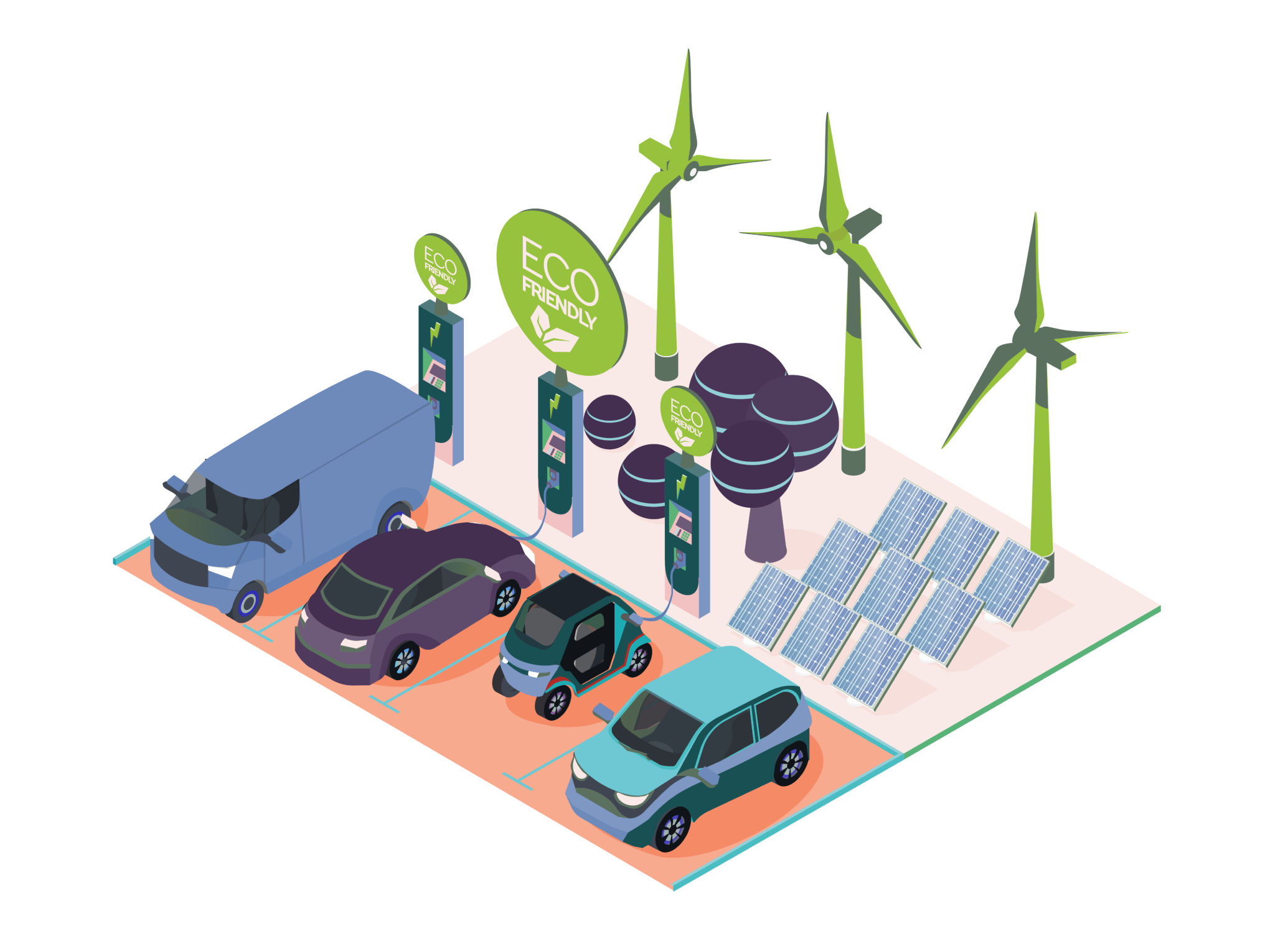
- MOBILITY
- E-MOBILITY
- SMART CITIES
E-Mobility opportunities and challenges in the Energy & Utility sector
A large share of electric vehicles on Europe's roads in the future will have implications for the electricity generation and distribution infrastructure, which means energy and utility companies are forced to provide more resources. What's more, Europe's vehicle-emission regulations are forcing car...

